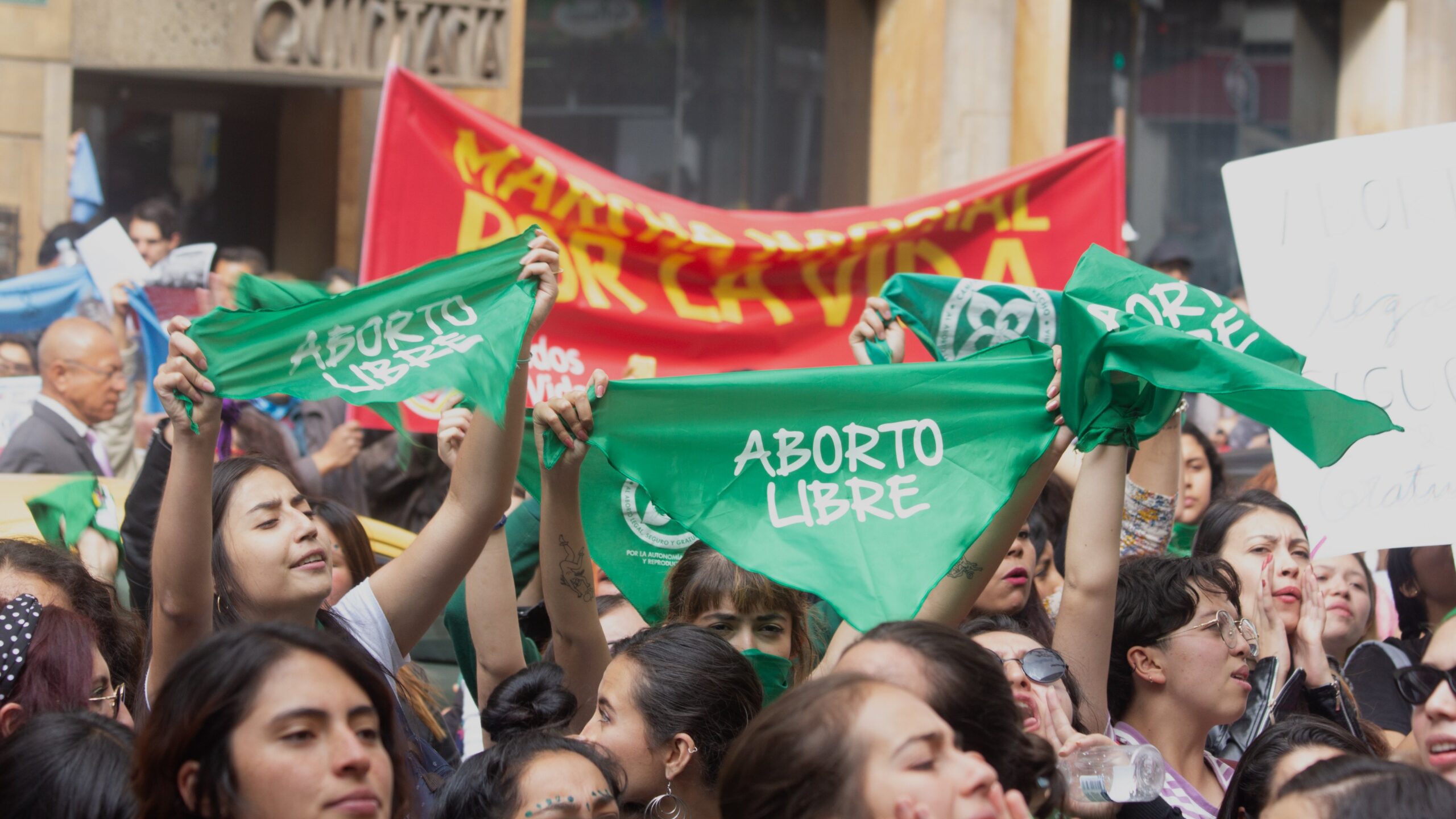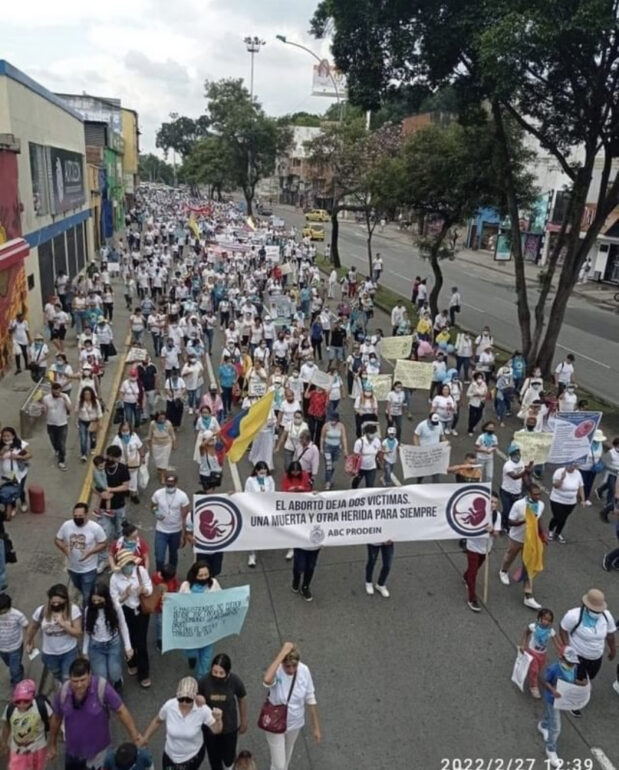Colombia became the fourth country in Latin America to legalize abortion on Feb. 21, joining Argentina, Uruguay and Cuba. The country’s Constitutional Court ruled in 5-4 to decriminalize the medical procedure.
Maria Alejandra Ortiz, a 20-year-old university student in Colombia, believes legalized abortion offers women the opportunity to have the procedure done properly rather than in sketchy and dangerous places which can end up in death.
The decriminalization of abortion in Colombia could be legal up to 24 weeks of gestation.
Colombia follows Argentina where abortions up to the 17th week were legalized last year. Uruguay legalized abortion in 1938 and updated the law in 2012, and Cuba and some states in Mexico also allow for abortions.
Although Ortiz is in favour of the ruling, she doesn’t fully agree with it.
“What I personally think it’s not great is the legalization of abortion up to 24 weeks,” she said. “Twenty-four weeks is six months, the fetus could be born prematurely and still live, and they would be a human.
“However, I still believe it’s the right decision for women in the country, because it gives us the freedom to make the choices we want with our bodies, our lives and the potential life of the fetus,” Ortiz said.
Reaction to the ruling was swift as on Feb. 27 pro-life organizations set up protests across the country.
Many of the pro-life beliefs in Latin America are rooted in religion, and Colombia’s population of 50.88 million is majority Roman Catholic, while 90 per-cent of its population is said to be Christian.
Dayanna Gutierrez, a 20-year-old psychology student at Trent University, is from Colombia but has been living with her family in Canada for four years. Her family is extremely religious, however Gutierrez is not as religious as her parents, which sparked conversations between them.
“When the news came out, I was extremely happy about it, but my family was not. They are very old-school and religious,” Gutierrez said. “They believe that God takes the responsibility for it, and that he knows what you did, and you need to ask for forgiveness.”
One concern Ortiz and Gutierrez share is how flawed the healthcare system is in Colombia.
Ortiz said she’s concerned about the availability of the country’s mandatory public health insurance.
“It’s great that they finally legalized abortion,” she said. “However, if I were to walk in to a clinic right now and were to ask for an abortion procedure, they would most likely schedule me for an appointment in one or two months, and in that time the baby would still be growing,”
The minimum wage in Colombia is about $1 million Colombian Pesos, which is equivalent to C$335 a month, but unlike in Canada, abortion procedures are not publicly funded.
A 2013 study conducted by the Guttmacher Institute found the cost of legal abortions in Colombia can range anywhere from COP$90,000 to COP$400,000, the equivalent to C$30 to C$130, depending if the patient has a private health insurance, and the quality of the clinic.



